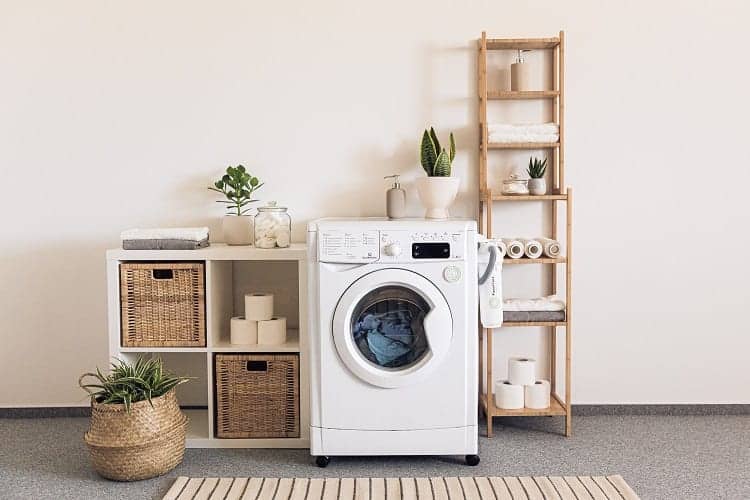A great way of getting started with saving on your electricity cost is getting smart with the way you use electricity. The following tips are simple and you can easily make and you can end up saving more than £500 a year, but the amount saved depends on the size of your home and the appliances used.
This is going to be a fun process too because you will be happy to see your electricity bill going down without making drastic changes to your life. When you start applying the following tips, you are going to start seeing results in a short time.
Table of Contents
1. Turning off lights when not in use
You can save a lot by turning off unnecessary lights inside your home. Only two bulbs rated 100 watts switched off for only two hours a day can end up saving you more than £15 a year. It is a good idea to switch to LED lights because it costs way less in terms of energy costs.
2. Using natural light
Natural light is free and can light up your home during the day. A single south-facing window might be all you need because it illuminates 20 to 100 times its area. If you turn off just a single 60-watt bulb for four hours a day, it is going to add up to £9 savings in a year.
3. Using task lighting
You can use track lighting, table lamps, and under-counter lights instead of ceiling lights in hobby or work areas and also the kitchen.
4. Taking shorter showers
Your hot showers are costing you a lot of money in energy costs. If everyone in the household can cut down their shower time by just a minute each, then you can end up saving more than £30 in a year.
5. Turning the water off when washing hands, shaving, and brushing teeth
This is going to help reduce your hot water use by about 5%, which is going to result in £19 in savings.
6. Fixing that leaky tap
This alone can save you £9 in energy costs per year. Take the time to learn about fixing leaks.
7. Unplugging unused electronics
Standby power accounts for 10% of a home’s usage. You should always unplug unused electronics because that is going to save you about £50 a year.
8. Ditching your desktop computer
You should consider switching from your old desktop to a laptop. Using the laptop for two hours a day is going to save you about £4 a year.
9. Turning off the air conditioner when you are not home
Turn off the AC when you are not at home even if it is for five hours. If you do this for 60 days of summer, you end up saving £16.
10. Recycling or donating the old TV
Donate or recycle your old TV even if you don’t use it that much. The LCD TV you have in your home is costing six dollars a year.
11. Managing your thermostat
If your home has electric heat, then lowering the thermostat by just two degrees is going to save you 5% in your heating costs. You can save 10% by lowering it by five degrees. Ensure that your heating system is running efficiently with www.corgihomeplan.co.uk.
12. Being strategic with window coverings
This helps in promoting airflow throughout the home and blocking the afternoon sun. It is possible to save £45 (1 window unit AC) or £10 (2 fans) during the summer.
13. Reducing heat in the kitchen
You should try your best to avoid usage of the oven in summer – consider smoothies, salads, and barbecue. This helps in reducing heat in your home and lowers your cooling costs.
14. Running full loads
Cutting down your load even if it is by one a week even if you use cold water only is going to save you £18 a year in laundry costs.
15. Washing laundry in cold

When you switch from hot water to cold for an average of three loads a week, then you can end up saving about £22 in energy costs per year.
16. Hanging dry your laundry
If you are doing an average of eight loads a week and use the clothesline for half of the clothes, then you can end up saving £65 per year.
17. Drying full loads of laundry
Try your best to have the dryer three-quarters full. This results in fewer loads with time, and the dryer will be more efficient.
18. Being efficient with your fridge
Your fridge door needs to be clean and air-tight so cold air remains inside and warm outside.
19. Unplugging your second fridge
You can save up to £55 a year by unplugging the second fridge in your home. A good tip is freezing plastic jugs of water and then using them in a cooler when needed.
20. Skipping the heat-dry setting for your dishwasher
The heat-dry setting is costing you. Deselect the setting and you can save up to £27 a year based on one load of dishes in a day.
21. Using the microwave, toaster oven, or crock pot
A job that takes one hour in an oven takes 15 minutes in a microwave. You should choose a microwave over the oven four times a week, and you can save yourself £13 a year.



